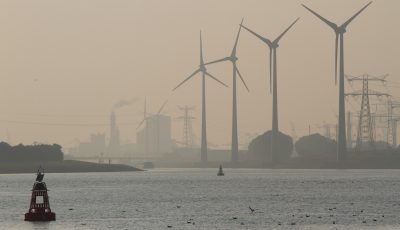The Nairobi Framework is a cooperation between international organisations to build capacity in developing countries to participate in offset mechanisms and source finance for investments in low-carbon development.
The UNFCCC secretariat, in its function of facilitator of the Nairobi Framework and the broader work to enhance the regional distribution of Clean Development Mechanism project activities, coordinates relevant activities to be carried out by partners and cooperating organizations. The implementing agencies, working together, address identified needs and opportunities according to the situation in the countries and regions where they are active, as well as their own mandates.
Shifting Paradigms was invited by UNDP and the World Bank to provide trainings in Ivory Coast on standardised baselines to Designated national Authorities and Coordinating Managing entities from Africa. The trainings also covered how baseline standardisation can provide a basis for future work on Nationally Appropriate Mitigation Actions (NAMAs – climate policies which solicit international financial support) and New Market Mechanisms. Key issues were the development of reliable baseline scenarios, attracting private sector co-financing and where we can and cannot learn from the Clean Development Mechanism when it comes to monitoring approaches to determine the impact of climate policies.
The Nairobi Framework (NF) was initiated by the United Nations Development Programme (UNDP), the United Nations Environment Programme (UNEP) and its UNEP Risoe Centre, the World Bank Group, the African Development Bank (AfDB), and the secretariat of the United Nations Framework Convention on Climate Change (UNFCCC) with the specific target of helping developing countries, especially those in sub-Sahara Africa, to improve their level of participation in the clean development mechanism (CDM). The UN Conference on Trade and Development (UNCTAD) and the UN Institute for Training and Research (UNITAR) also joined the partnership in 2009..The NF has benefited as well from cooperation with other international organizations whose goals and work plans support its target. These organizations include the International Emissions Trading Association (IETA), the Asia Development Bank (ADB), the Inter-American Development Bank (IDB), and the Institute for Global Environmental Strategies (IGES).
Clients: Nairobi Framework (World Bank, UNDP, UNEP, UNFCCC, UNCTAD, UNITAR
Partners: (as a shareholder of) Climate Focus
2013



